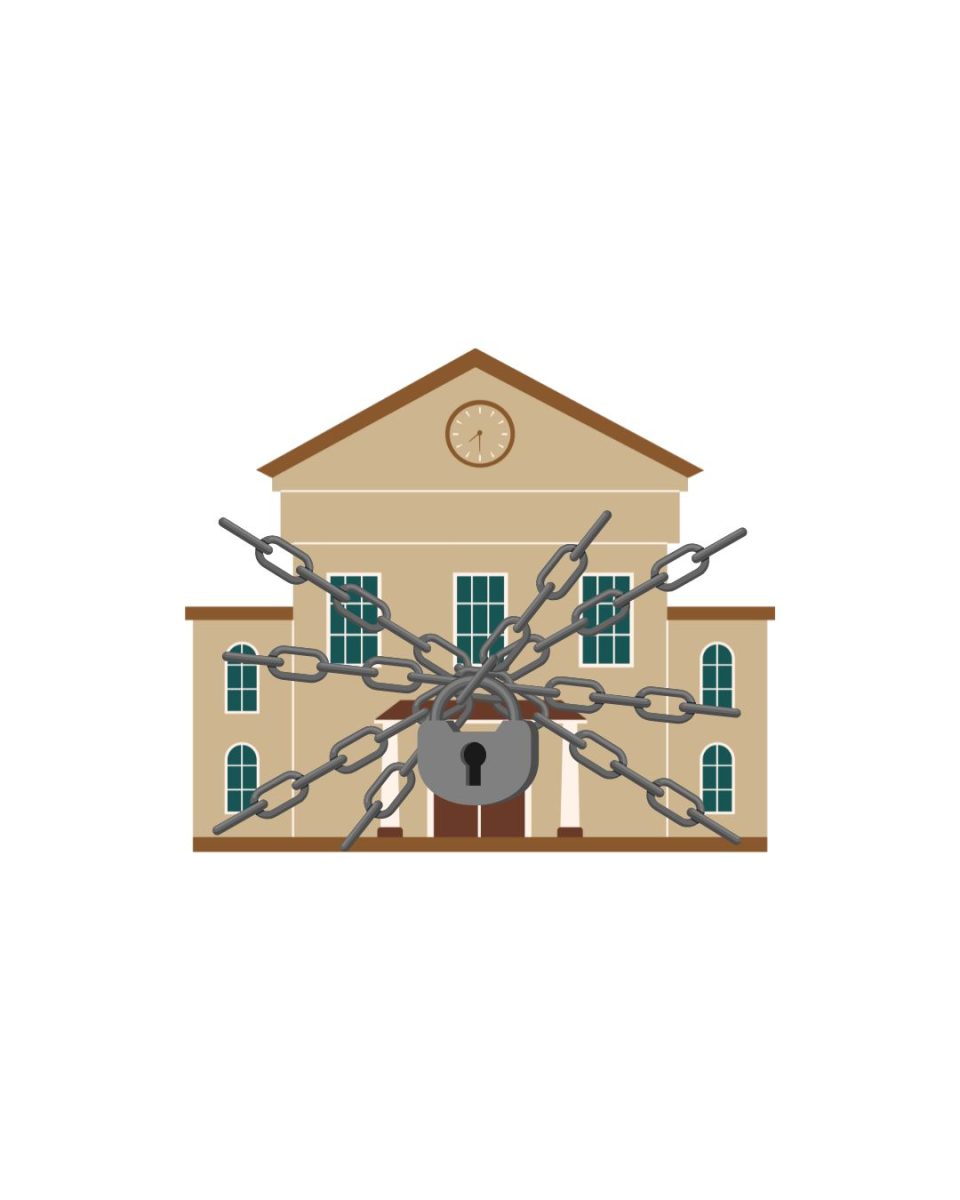There are a number of traditions surrounding the office of president of the United States.
Some are charming and less formal like the annual pardoning of a turkey on Thanksgiving. Others are enshrined in our constitution like the State of the Union (historically, the president’s State of the Union was in written form, contemporarily it is a verbal speech.) It seems that with the inauguration of Donald Trump, we will see another tradition beginning to bud; this one much less savory than the rest.
It is impossible to tell, and futile to predict, what the incoming president will hope to achieve during his term. The futility in trying to read our new president comes directly from his own mouth. Having taken both sides of almost every political issue we face today, we citizens are right to be concerned. Mr. Trump has taken both sides on nearly every issue from abortion to the Iraq War, and from the individual healthcare mandate made law in the Affordable Care Act to deportation of undocumented immigrants. The list could go on but if I were to list the president’s flip-flops in their entirety, I fear I might be listing for several hundred more words than a traditional column would allow.
The one issue that Mr. Trump has not taken both sides on, save only for his economically illiterate desire for protectionist trade policy, is his aggrandizement of Russia and its despot, Vladimir Putin.
Russian appeasement, I’m afraid, is becoming a White House tradition akin to the yearly Easter egg hunt or Christmas tree lighting. It seems the only public figure on planet Earth who has had the honor of not having to face a Trumpian tweet storm or public shaming is Vladimir Putin; few people could have possibly done more to earn one.
This tradition dates back to a president largely remembered for his sedative oratory style and dabbling in the Middle East, George W. Bush. Much more than that, he set the tone for the way our current foreign policy is leading us, slowly into the hands of the most cunning dictator in the world. In 2001, President Bush famously said of Putin, “I looked the man in the eye. I found him to be very straightforward and trustworthy.” Truly, nothing could have been further from the truth. Furthermore, when the two met again in April of 2008, they agreed that the era when Russian and the U.S. were enemies was “over.”
Anyone who has even a cursory understanding of current affairs could amuse a layman with the black comedy of that statement. The era of acrimony between the United States and Russia is far from over, as George Bush would find out only a few months after the national leaders agreed on friendship. In August of 2008, Russia accused NATO-hopefuls and Middle East border state Georgia of mistreating its constituencies in the South Ossetia and Abkhazia regions as a pretext to gain leverage closer to the Middle East. The Russian government backed separatist movements in these two regions and themselves waged a siege on the Georgians. In response to this unwarranted act, world leaders did not see fit to place very many punitive sanctions on Russia for its meddling. President Bush is at least partially responsible for this feckless response.
President Barack Obama took our relations with Russia a step further. He attempted to clear the air after so many decades of bitterness and hostility between the U.S. and Russia by offering the Russians a “reset” in our relations. After the reset early in President Obama’s first term, relations did not begin to rot until his second term. In 2013, Russia supported Edward Snowden after he released hundreds of thousands of classified documents to various journalistic bodies. The Russian government also announced its support for one of the worst human rights abusers in the world, Bashar Al-Assad of Syria, in the same year. Had not reset occurred, a skeptical attitude of Russia should and would have left us in a much more advantageous position on the world stage. In 2014, Russia annexed the Ukranian province of Crimea. Throughout all of these actions, so few sanctions or punitive measures were taken that they were truly unnoticeable for the Kremlin.
We have played right into Russia’s hands in the Middle East. The Kremlin has two allies in the region, Iran and Syria. President Obama made a myopic deal with Iran that released their economy and started the countdown to the day they are able to launch ballistic nuclear missiles. President Obama also did not enforce the now infamous “red line” in Syria (Russia’s other ally.) The president stated in no uncertain terms that a “red line” for the United States would be the Syrian government using chemical weapons against the rebels during the Syrian Civil War.
This line was crossed and crossed again without punitive measures placed on the Syrian government. This freed both Syria and Russia to take whatever steps they liked in annihilating the rebels. Today, throwing caution to the wind, Russian fighter jets can be seen dropping bombs on the Syrian people without any qualms about the Geneva Convention or human rights.
President Trump has never said a bad word about Putin, even calling him a “strong leader.” This is one of the more chilling realizations that we face entering the tenure of our new president. Let us hope a new tradition of trusting our enemies has not fully taken hold despite Mr. Trump’s words. Let us hope strong actions replace weak words in the next few months and years.
For comments/questions about this story, email [email protected] or tweet @TheWhitOnline.

































































































































































































